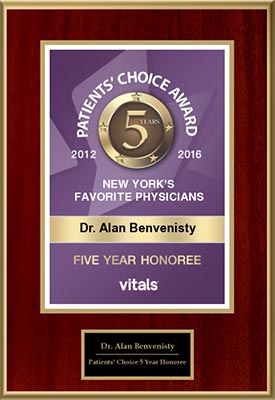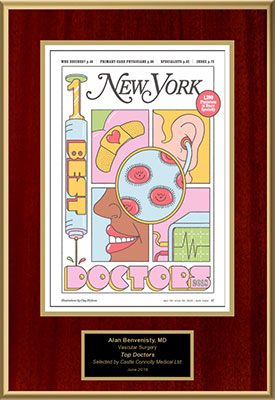Kidney Dialysis

Other than feeling the need to “go,” many people never even give another thought to their kidneys. If they are working properly, it is understandable that your kidneys are not in the forefront of your daily thoughts. However, knowing how your kidneys work and what their exact functions are can help you maintain a healthy lifestyle.
The kidneys are often referred to as “the beans” of the body. These two bean-shaped organs are located on each side of the spine, just below the rib cage. The kidneys flush waste and extra water from the bloodstream to make urine. Each kidney is made up of approximately one million filtering units called nephrons. These nephrons work to filter the blood, remove wastes, and then return needed substances back into the bloodstream. That’s a lot of work for two organs that you rarely give thought to!
When the kidneys are not functioning properly, Kidney Dialysis is a treatment that works to help the body maintain a balance that is no longer naturally occurring. For patients with chronic kidney disease and renal failure, kidney dialysis is a life-saving treatment that helps them in day-to-day life. In chronic kidney disease and/or renal failure, the body’s system cannot prevent the buildup of waste, salt, and extra water in the body. Without a normal balance of sodium, potassium, and bicarbonate, the body cannot survive.
There are two types of dialysis – hemodialysis and peritoneal dialysis.
- Hemodialysis: an artificial kidney is used to remove waste and extra water and salt from the blood. Minor surgery to the arm or leg is required to make access into the blood vessels.
- Peritoneal dialysis: the cleaning of the blood inside the body. Through surgery, a plastic tube called a catheter is placed into the abdomen to allow an access port. During treatment, the peritoneal cavity (abdominal area) is slowly filled with a medical solution through the catheter. The blood stays in the arteries and veins that line the peritoneal cavity. Extra fluid and wastes are drawn out of the blood and into the dialysate so that it can be discarded.
Dr. Alan I. Benvenisty, MD has the expertise to help patients navigate the treatment of kidney dialysis. Dr. Benvenisty is board certified in both general surgery and general vascular surgery. His “super-specialty” is helping patients avoid dialysis whenever possible and serving them with excellence if dialysis is necessary. If you or a loved one is suffering from renal failure or chronic kidney disease, contact the New York City office of Dr. Benvenisty.
Posted on behalf of
440 West 114th St, Second Floor
New York, NY 10025
Phone: (212) 523-4706
Monday & Friday 9:00 AM – 5:00 PM







